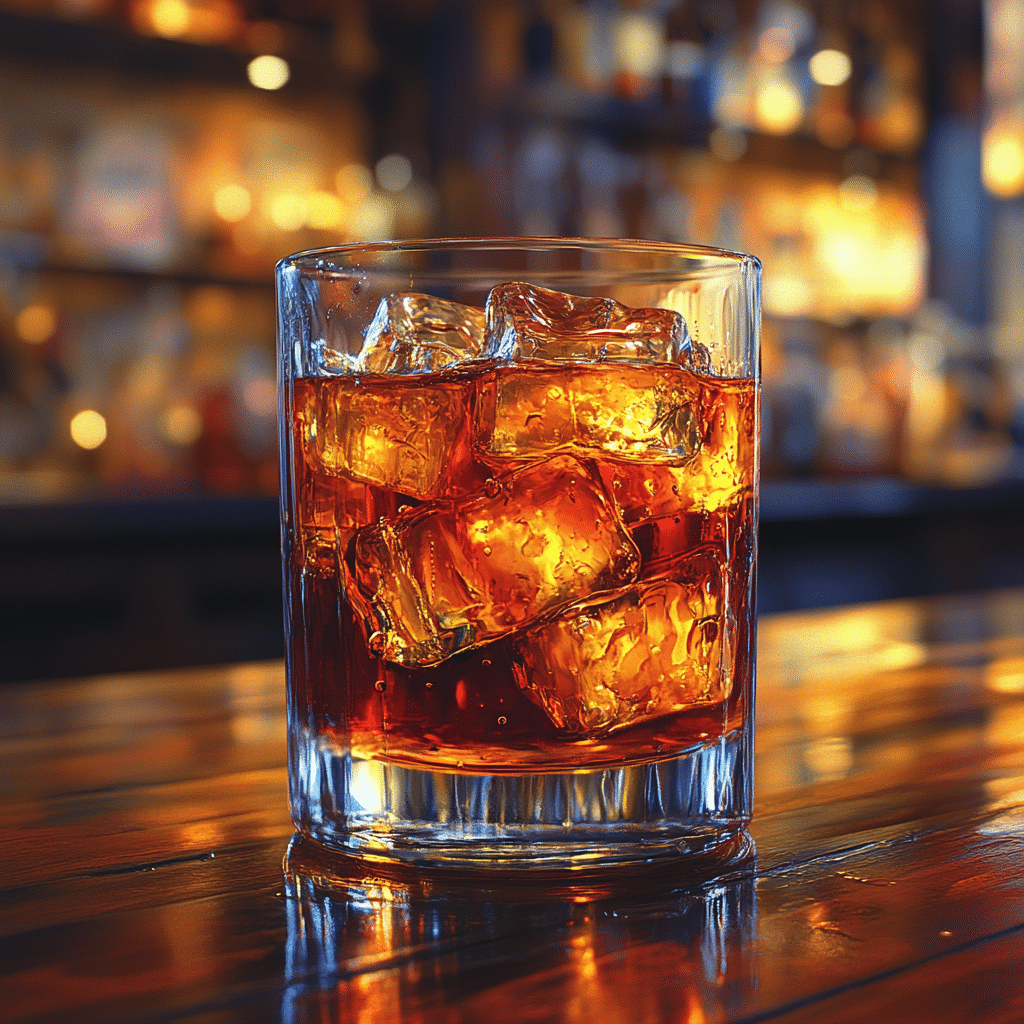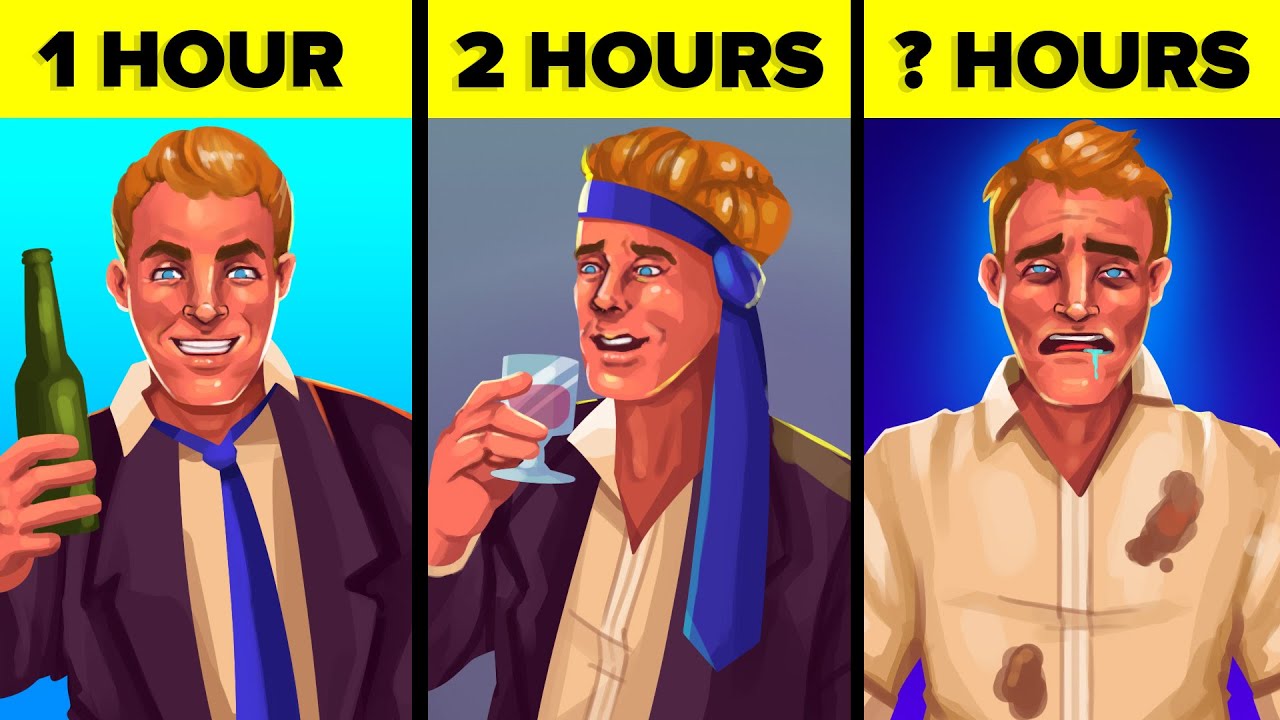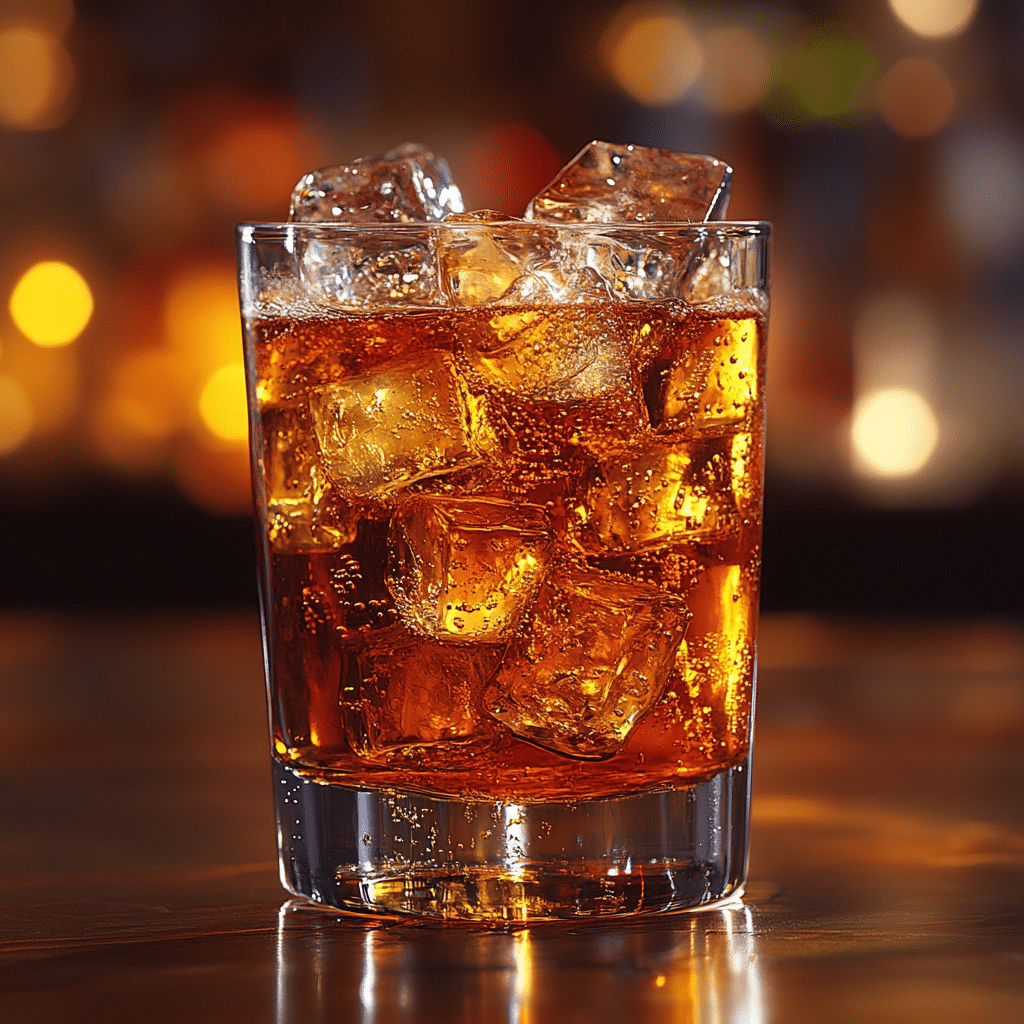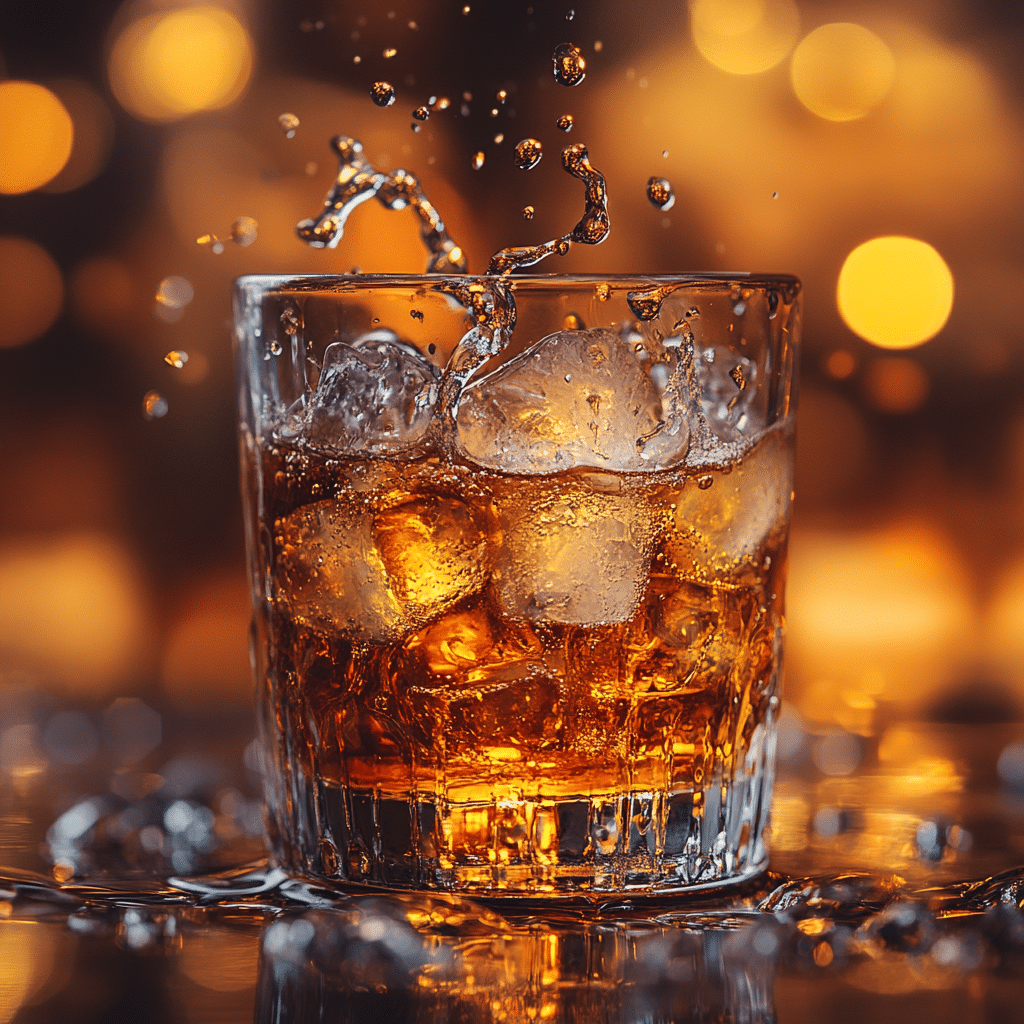When discussing alcohol consumption, one of the most common questions is “how long does it take for alcohol to kick in?” Understanding this time frame is essential for responsible drinking and recognizing the impacts of alcohol on your body. This article will take a comprehensive look at the different factors that influence how quickly alcohol works, explore alternatives, and offer advice for those struggling with addiction or supporting someone who is.
Factors That Influence How Long It Takes for Alcohol to Kick In
While there is no one-size-fits-all answer, several key factors influence how long alcohol takes to kick in:
Alcohol affects your body quickly. It is absorbed through the lining of your stomach into your bloodstream. Once there, it spreads into tissues throughout your body. Alcohol reaches your brain in only five minutes and starts to affect you within 10 minutes. In general, alcohol enters your bloodstream as soon as you take the first sip, and the effects are typically felt within about 10 minutes. However, reaching the peak BAC (Blood Alcohol Concentration) can take a bit longer, with the peak typically occurring about 1 hour after consumption on an empty stomach.

Real-Life Examples: How Different Alcoholic Beverages Affect You
Too much alcohol can result in slurred speech, blurred vision, and a loss of balance or coordination. Effects kick in within about 10 minutes, depending on the strength of your drink and how fast you drink it, and can stay in your system for several hours, even resulting in a hangover the next day.

| **Topic** | **Description** |
|---|---|
| Initial Absorption | Alcohol is absorbed through the stomach lining into the bloodstream immediately upon consumption. |
| Brain Impact Time | Alcohol reaches the brain in approximately 5 minutes and starts to affect the individual within about 10 minutes. |
| Peak Blood Alcohol Concentration (BAC) | On an empty stomach, peak BAC typically occurs around 1 hour after consumption. |
| Early Effects | In the early stages (tipsy stage), effects include feelings of well-being, relaxation, lack of inhibition, euphoria; also flushing, sweating, increased heart rate, and blood pressure. |
| Higher Consumption Effects | Excessive consumption leads to slurred speech, blurred vision, and loss of balance/coordination. Effects can last for several hours with a potential hangover the next day. |
| 20-Minute Rule | To moderate drinking, wait 20 minutes after finishing one drink before consuming another. This can reduce cravings and prevent overconsumption. |
| Factors Influencing Absorption | Drink strength, drinking speed, and whether food is present in the stomach. |
Brentwood Springs: A Community Perspective
Brentwood Springs, known for its compassionate community and mental health services, offers us an insightful lens to examine how different environments can affect the perception of alcohol onset. Residents here often engage in educational programs to better understand how alcohol works, making the town a model for responsible drinking.
In Brentwood Springs, the community’s commitment to education and mental health has helped many navigate through the complexities of addiction. The supportive environment encourages individuals and families to talk openly about the struggles and impacts of alcohol, fostering a deeper understanding and a collective resolve to address these challenges.

Depression Chat Room and Alcohol
For those struggling with alcohol addiction or depression, online support like a depression chat room can be extraordinarily beneficial. Many users discuss how misleading the initial ‘kick in’ of alcohol can be, often providing temporary relief but exacerbating mental health issues in the long run.
These chat rooms offer a safe space for sharing experiences, gaining insights from others who have faced similar challenges, and finding emotional support. The illusion of relief provided by the initial effects of alcohol can be dangerous, often leading to a cycle of dependency.

How to Get Drunk Without Alcohol: Exploring Alternatives
While it might sound like a paradox, there are ways to experience the social and mental release associated with being drunk without consuming alcohol:
Exploring these alternatives can provide similar sensations to drinking without the associated risks and negative health impacts. They offer a viable option for those seeking a healthy lifestyle while still enjoying social experiences and relaxation.
Quiz Lady Parents Guide: Protecting Our Youth
The “Quiz Lady Parents Guide” emphasizes striking the balance between educational and restrictive approaches, helping parents guide their children in understanding the effects of alcohol:
This guide is a valuable resource for parents, providing practical advice and strategies for talking to children about alcohol. It underscores the importance of open communication and creating a supportive atmosphere where young people can ask questions and express their concerns.
At What Age Do Grandchildren Lose Interest in Grandparents?
Though seemingly unrelated, addressing the age at which Grandchildren lose interest in Grandparents can tie into potently emotional discussions around family and addiction. Often, strained family dynamics emerge when dealing with substance abuse, making long-term relationships crucial for support systems.
Maintaining strong family connections is vital, especially during challenging times. Engaging in activities, sharing stories, and fostering meaningful interactions can help bridge generational gaps and reinforce bonds within the family unit.
Wrap-Up: Building a Compassionate Community
In understanding “how long does it take for alcohol to kick in,” we’re not just learning about biology but about our social frameworks. Whether it’s Brentwood Springs’ community efforts, personal choices in avoiding alcohol, or family dynamics discussed in a Quiz Lady parents guide, knowledge equips us better. Using this information proactively can help in making informed decisions and fostering supportive environments that mitigate the impacts of alcohol misuse.
Remember, whether through support Groups, online Forums, or community efforts, ensuring a compassionate and informed approach can be life-changing for many.
Visit Mothers Against addiction for more information, resources, and support services aimed at helping parents navigate the challenges of addiction. We stand together in this journey, offering strength and resilience through understanding and community.
How Long Does It Take for Alcohol to Kick In?
Ever wondered how long it takes for that glass of wine or beer to take effect? Well, you’re not alone! Many people are curious about how long does it take for alcohol to kick in and impact their system. Spoiler alert: it doesn’t take long at all. When you take a sip, your body starts absorbing alcohol almost immediately – about 90% happens through your stomach and small intestines. Usually, folks start feeling the effects within about 10 minutes, and peak effects are typically felt between 30 to 90 minutes after consumption.
Fast-Track Absorption
Interestingly, the rate at which alcohol is absorbed can be influenced by several factors, like what and how much you’ve eaten. It’s faster when you’re on an empty stomach as compared to having a full meal. Ever looked into how long alcohol poisoning lasts? It can be a grim reminder of why pacing yourself is crucial. Factors like body weight, gender, and even stress levels can play a significant role in how quickly and intensely you feel alcohol’s effects.
Surprising Factors at Play
Did you know that even your mood can impact how long does it take for alcohol to kick in? Yup, being stressed or anxious can accelerate the absorption rate. Strange, huh? And don’t get me started on the types of alcohol; for instance, bubbly drinks like champagne get you tipsy faster due to the carbonation. Fascinating right? Oh, and let’s not forget that the climate where you consume alcohol can also make a difference. Who knew that a warm environment could speed things up?
Alcohol In Your System
Speaking of fascinating facts, do you know how the liver processes alcohol? The liver breaks down about one standard drink per hour. However, binge drinking can quickly overwhelm your system. And just like how home interest rate today varies significantly, each individual’s liver processes alcohol at slightly different rates. It’s a delicate balance that could make or break your night out. Taking these tidbits into account can help you better understand and respect your personal limits.
There you have it! Now, you know the nuts and bolts of how quickly alcohol can affect you and even a few trivia bits to impress your friends. Always drink responsibly and keep an eye out for each other’s well-being. Cheers to staying informed!

How long does it take for alcohol to hit?
Alcohol hits your system pretty fast. In about five minutes, it reaches your brain, and you usually start feeling its effects within 10 minutes. Peak blood alcohol concentration (BAC) happens roughly one hour after drinking on an empty stomach.
What is the 20 minute rule for alcohol?
The 20-minute rule suggests waiting 20 minutes after finishing one drink before starting another. This pause helps reduce cravings and lowers the risk of drinking too much too quickly.
How quickly do you feel the effects of alcohol?
You typically start to feel the effects of alcohol within about 10 minutes of taking a sip. It spreads quickly through your bloodstream and affects various parts of your body.
What does feeling tipsy feel like?
Feeling tipsy usually feels like a sense of relaxation, well-being, and mild euphoria. Physiological changes like flushing, sweating, a faster heart rate, and increased blood pressure might also occur.
How long does drunk last?
Being drunk can last several hours, depending on how much you drank and your body’s metabolism. Hangover symptoms might linger into the next day.
How long does a drink take to hit?
A drink usually takes about 10 minutes before you start feeling its effects, though peak effects occur about an hour after drinking on an empty stomach.
What is the 1 2 3 rule drinking?
The “1-2-3 rule” for drinking generally refers to drinking one standard drink per hour, no more than two if you’re active and not having more than three in a sitting.
What is the 80 20 rule in alcohol?
The 80-20 rule in alcohol suggests that 80% of alcohol consumption is done by 20% of drinkers. It’s about drinking patterns more than individual drinking advice.
How long does it take for a shot to kick in?
A shot typically kicks in within about 10 minutes, though you might not feel the peak effects until closer to an hour later.
What is tipsy vs drunk?
Being tipsy means you’re mildly affected by alcohol—feeling relaxed and a bit euphoric. Drunk means you’ve consumed more alcohol and experience slurred speech, loss of balance, and impaired judgment.
Which alcohol is least harmful to your liver?
Clear spirits like vodka or gin are often considered less harmful to your liver, mainly because they contain fewer congeners, which are toxic byproducts of fermentation.
Which alcohol gives more kick?
Spirits like vodka, tequila, and whiskey usually pack more of a punch because they have a higher alcohol content compared to beer or wine.
How long does it take for alcohol to go through your system?
Alcohol takes a while to fully pass through your system, usually between 6 and 10 hours, depending on how much you drank and your body’s metabolism.
How long does it take for a shot to wear off?
A shot generally starts to wear off after about an hour, but this can vary based on your body size, metabolism, and other factors.
Can two shots get you drunk?
Two shots might get you drunk if you have a low tolerance or drink on an empty stomach, but it depends on your size, gender, and how quickly you drink them.
How long does it take alcohol to affect your driving ability?
Alcohol can affect your driving ability typically within about 10 minutes of consumption, and impairment increases as you continue drinking.




























